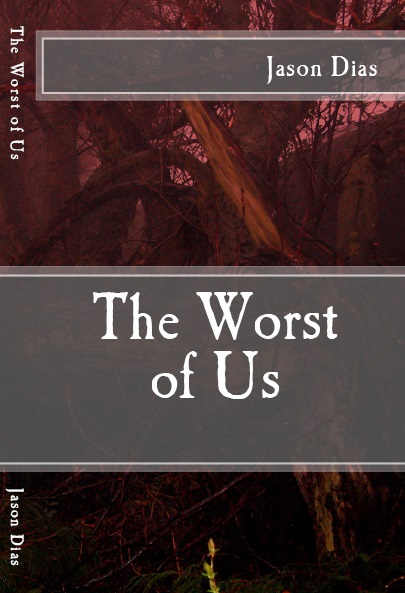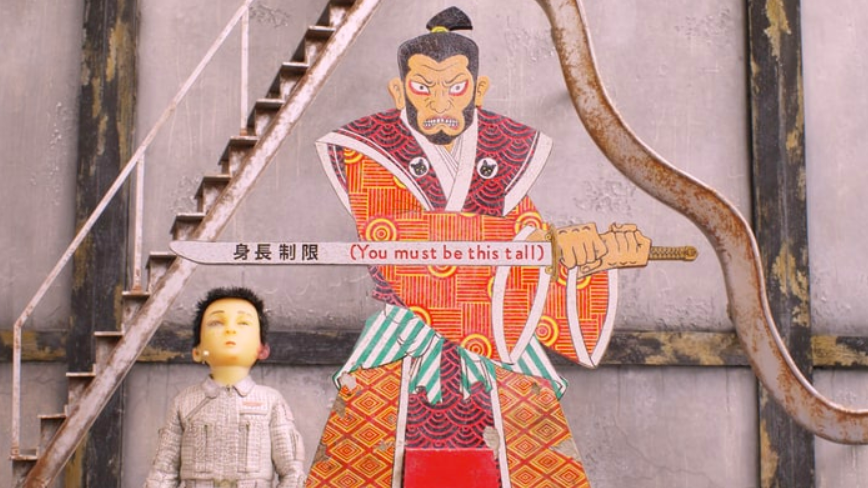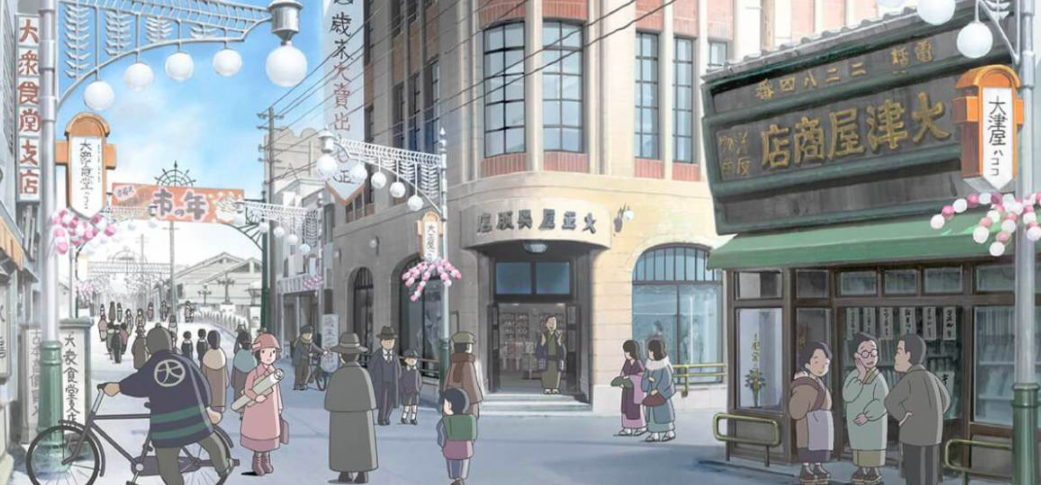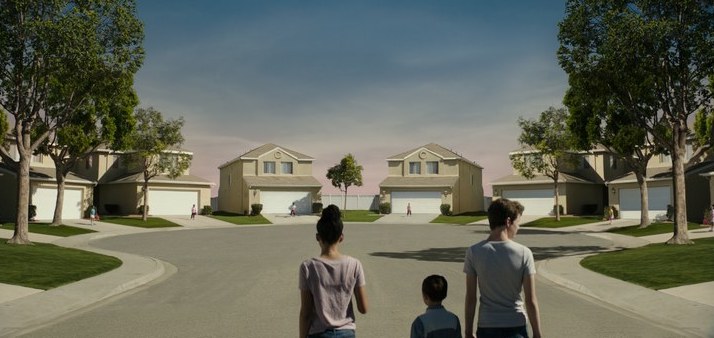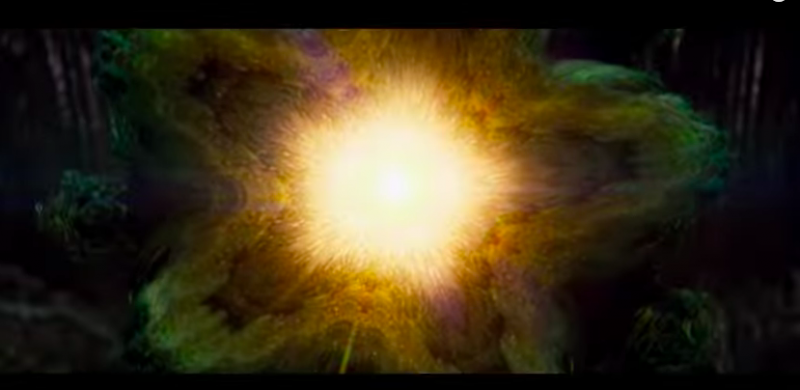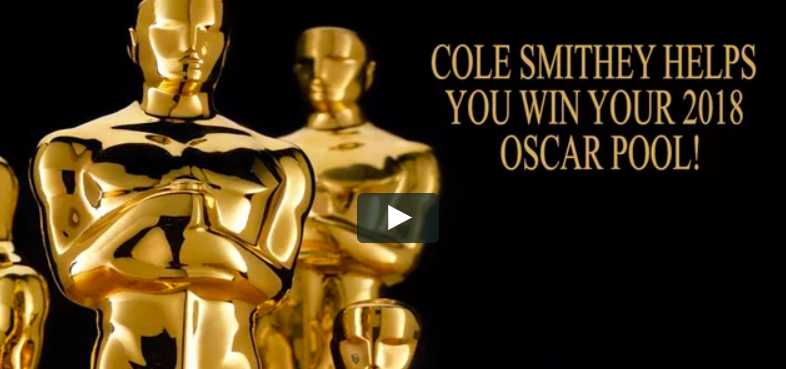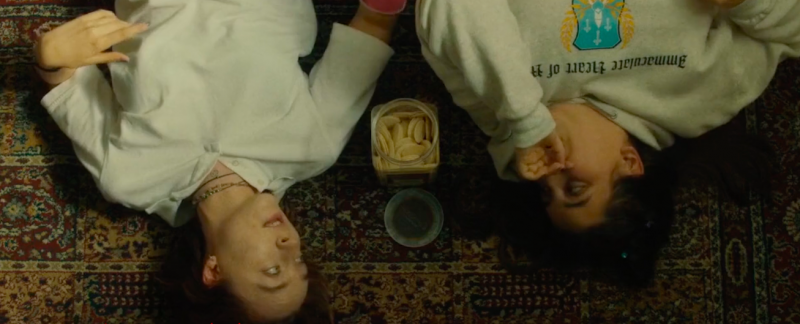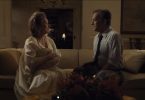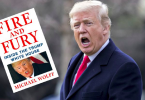Every December we excerpt some of our favorite authors’ upcoming novels for the New Year. This year, we’re excerpting our Jason Dias’ The Worst of Us, scheduled for release January 1 on Amazon. Dias is a renowned novelist and existential psychotherapist — and a senior commentator here at aNewDomain.
Here’s an excerpt from the upcoming The Worst of Us.
He got that feeling again when she came into the room, into his life.
Elbert had his feet up on a steel desk. His boots weren’t shined. There was mud in the half-assed treads, which were really not much more than evenly-space thumb-prints in the thick soles. His uniform was dirty but it was camouflage so only his nose made that very plain. The walls were bare corrugated tin over bamboo poles.
She pushed through the door, dismissed the sergeant who had custody of him. The sergeant scrambled away like she was fire and he was made of rice paper. Elbert looked her over, the way a man looks at a woman, but she met none of those kinds of expectations. He looked again. And what he was thinking of was that time with the mirror when he was thirteen, that feeling of sliding right off the edge of reality.
She wasn’t tall, maybe five eight. But she was big. “You’re a black one, aren’t you?” she said.
Out here nobody skirted the racism issue so Elbert wasn’t too surprised, but the willies started. Gooseflesh held a parade on his forearms. “No blacker than half the boys out here,” he said. “I think you got off the wrong stop, lady. MASH is back up the road a piece. This here is temporary jail until they figure out something more permanent.”
She pointed at her collar. A subdued blue eagle rested among the random green and brown and black shapes of her camo. Name on her tape said WILCOX. “You forgotten your military bearing, soldier?”
Elbert’s eyes widened a little more. He’d never seen a woman colonel before. Even the boss of the nurses didn’t usually get farther than major. “I guess I just ain’t met a colonel like you before.” And he hadn’t.
She had ripped the sleeves off her shirt, probably because she had to. Her biceps were like rugby balls in size, shape, color and texture. She had a linebacker’s shoulders, all straining against the remains of her shirt, against the black tee she wore under it. She had pecs like a bodybuilder. And her face …
“You’re in some trouble, MacAvoy,” she said.
“My legal counsel advised I stay quiet on that particular topic until I get someplace civilized,” Elbert said. The feeling of dislocation increased and he tried to talk steady, with confidence, but he was sure she could see the gooseflesh on his arms.
“You haven’t seen a lawyer out here. But you’re probably right: shooting an officer is a pretty serious offense.”
Elbert crossed his arms, leaned back farther, looked at one of those blank walls like there was a window to see through.
“Black enlisted man shoots a white infantry captain with a shiny service record and a bunch of medals … Well, let’s just say your aim was off.”
Elbert looked back at her, into her eyes. They were set too far apart, brown like mud. Some folks might have said they were like a doe or a cow, but Elbert figured she was too ugly to be a cow. More like a bull. “I hit what I was aiming at,” he said.
“Then you made a serious mistake. You know, your whole unit is mostly likely going down. Rest of the men, they covered for you. I guess they figured Daniels had it coming. Not every day an officer gets fragged but it does happen. What doesn’t figure is he doesn’t fit the profile. He isn’t a gung-ho young officer looking for glory and toeing the line. He’s on his third tour. Doesn’t take unnecessary chances, tried to stay out of the shit.”
Elbert looked away again.
“Anyway, you’d have gotten through clean except for one thing. One mistake.”
“What’s that?”
“You didn’t kill him,” she said.
“Like I said, I hit what I was aiming at.”
Wilcox was quiet a beat, then said, “I need you.”
Elbert laughed, a sound more like a nervous cough than any expression of humor. “Lady, you ain’t my type.” And she wasn’t. He didn’t dig scars, and she had some doozies: a nose that had been busted at least three times, a livid red mark that ran from over her left eye, across the bridge of that busted nose to under her right eye, a lacework of older white lines across her bare shoulders, healed-up bullet wounds on one arm. Plus she could probably bench-press him like some of the boys liked to do with the little Vietnamese women who congregated around bases.
“But you’re exactly my type, MacAvoy. That’s why I bought you out of here. Orders.”
She reached in her shirt, came out with an envelope. It landed on the steel desk with a sound like a faraway gunshot. Elbert put his feet on the ground, sat forward. Poked the envelope with one finger. Finally, he lifted the unsealed flap. The paper was thin, the cheap stuff orders were printed on. This was maybe the second or third carbon back from the original. He scanned over it, squinting to see the faint print.
“Detachment?” he said.
“Name of the game.”
“Everything forgiven?”
“What’s to forgive?” Wilcox said. “Nothing ever happened.”
“I was looking forward to going home,” Elbert said. “Maybe pick up where the good Doctor King left off, fight for something real.”
“Can’t do that from jail, Elbert. Not from Fort Leavenworth. The sit-ins at Leavenworth never end. Besides, what I got for you is bigger than all of that.”
“Bigger than freedom for a whole race of people? You got my attention. There’s only one wrinkle. Like you said, I left a witness.”
“First order of business, corporal: Do you believe in second chances?”
Elbert nodded slowly.
“Then saddle up. We’re going to go and make amends for your mistake.”
“Like, I toe the line, apologize, let him tell me off, and then all is forgiven?”
“Something like that.” She turned and walked out like she expected him to follow. Elbert got up and looked around the room. “I was getting sick of bamboo anyway,” he said to nobody, and did what she seemed to expect. He paused at the door, looking in every direction for an armed guard waiting to shoot him in the middle of an escape attempt. There was nobody.
Wilcox waited in a Jeep sitting in a muddy puddle. Above was a slightly overcast sky. Jungle encroached all around, practically screaming that this forward position was strictly a temporary inconvenience in the grand scheme of things, that vines and leaves and bugs would soon own all this land once more. And Elbert got that feeling one more time, that shivering, skin-crawling feeling like reality had just taken a big step to the left. He stopped dead halfway to the Jeep.
Elbert listened, and heard nothing. Nothing human, anyway. Birds, insects, the rasping of wind through the jungle. But no engines, no muttered conversation, no footsteps. No hammers or typewriters.
He looked around slow, in a circle. And saw nobody. The whole place, half a dozen Quonset huts, a couple of crew tents, a makeshift landing pad – all abandoned.
“Get in the Jeep, MacAvoy,” Wilcox said.
He didn’t see how he had any other choice. Go with the big crazy lady or spend the next couple decades making big rocks into little rocks. But he knew even then nothing good was going to come of this. Not one thing.
Wilcox fired the Jeep into life, then drove it hard, thumping through gears and slamming through obstacles. There was barely a track out of the camp and branches slapped at the front grill. Green crud, plant blood, started obscuring the windshield. Wilcox acted like she could see. Elbert wished he couldn’t. The jeep bounced over a fallen branch, scraped through a gully.
Elbert said, “Wherever we’re going, is it important we get there alive?”
Jason Dias’s The Worst of Us is due January 1, 2016.

